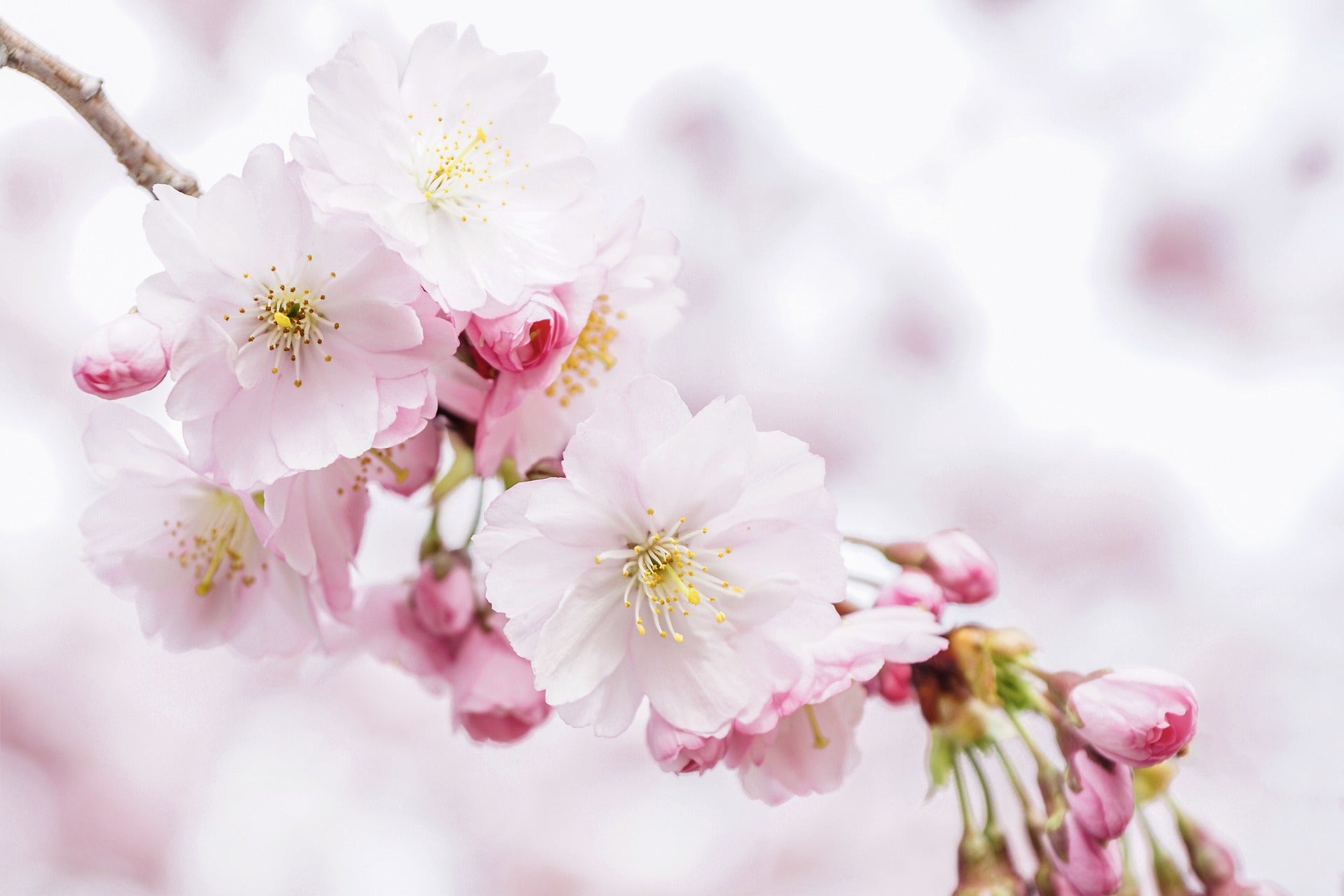I will conflagrate all space and roll over its bosom, unburnt and deathless. I will dive into endlessness, never reaching the end. I will run and race and spread my laughter in all things, in all motion, and in motionless void.
—Paramhansa Yogananda, Metaphysical Meditations
Spiritual progress should be natural, not forced – like a growing tree, not like the frenetic struggle of minor actors to achieve fame.
Think how many things you do in the hope of resting after you’ve finished them. “Let me buy that racy sports car,” you think, “or that handsome station wagon for the whole family. Then I’ll be able to relax and really enjoy life.”
Or you may think, “Once I get that new house, with the shaded porch and the large master bedroom; that sunny dining room so we won’t have to eat any longer in the kitchen with the cucumbers; that sunken living room – ah, then I’ll find peace and be able to enjoy life at last!”
Thus you acquire the habit of looking for more and more things, more and more ways of resting better and enjoying life more fully after the acquisition or after the accomplishment. The irony is that in the very seeking you lose the capacity to rest at all. Thus you never really get to enjoy life. Experiencing more and more stress in the seeking, you lose the ability to relax even after you’ve “arrived.”
An important rule in life is: Don’t be impatient. This rule is doubly important for meditation, for whereas the general stricture against impatience gives hope of finding inner peace in meditation, that hope is demolished if one applies to meditation itself attitudes that we’ve developed in the “rat race.” To find God, it is better to be a long-distance runner than a sprinter. Today’s meditative efforts will have to be renewed tomorrow, and again the day after tomorrow, and the day after that, and so on for as long as it takes to achieve the consciousness of the Eternal Now.
Paramhansa Yogananda was asked once, “Does the spiritual path have any end?” “No end,” he replied. “You go on until you achieve endlessness.”
Don’t let your approach to meditation be so achievement-oriented that you end up mentally tense. Yogananda, noting my own tendency toward impatience, once said to me, “The principle of karma yoga applies to meditative action also. Meditate to please God. Don’t meditate with desire for the fruits of your meditations. It is best, in the beginning, to emphasize relaxation.”
Of course what he meant was, Don’t desire fruits that accrue to your ego. For it is the ego, not the soul, that experiences impatience. Patience is the fastest path to God, because it develops soul-consciousness.
The more you seek rest as the consequence of doing, rather than in the process of doing, the more restless you will become. Peace isn’t waiting for you over the next hill. Nor is it something you construct, like a building. It must be a part of the creative process itself.
Learn to be restful, even in the midst of activity, and you will be able to relax better when you sit to meditate. As Paramhansa Yogananda put it, “Be calmly active, and actively calm.”
—Swami Kriyananda, Awaken to Superconsciousness





Leave a comment
This site is protected by hCaptcha and the hCaptcha Privacy Policy and Terms of Service apply.